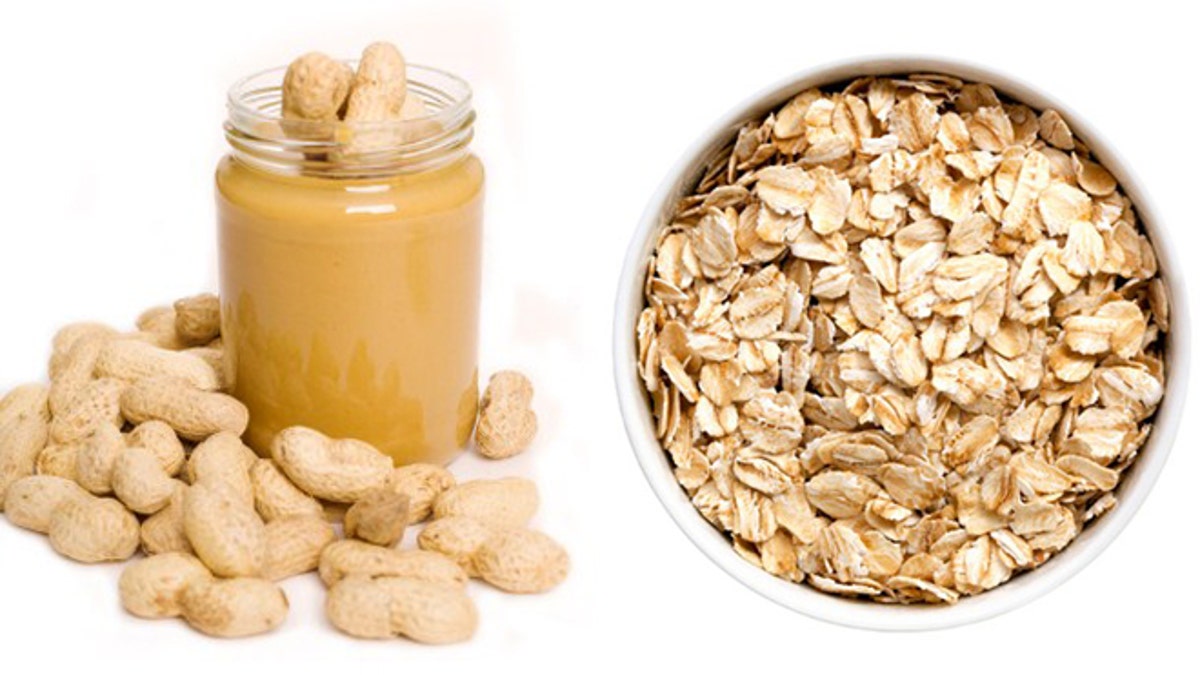
It’s easy to put together a quick, well-balanced meal when your pantry is stocked with a few healthy staples.
Extra virgin olive oil
Aromatic olive oil is high in healthy monounsaturated fat and antioxidants. Extra virgin olive oil maintains many nutrients and has a stronger flavor because it’s processed without high heat, bleach or chemicals.
Related: Kitchen Tricks and Tips from Our Expert Cooks
Vinegar
A small amount of vinegar can add significant flavor to a variety of dishes with very few calories and little to no fat.
Canned tuna
Canned tuna is convenient, inexpensive, and healthy—it’s high in protein and vitamin D and can be a good source of omega-3 fatty acids. Look for tuna packaged in water to avoid extra calories and fat.
Related: Cooking: New Uses for Old Things
Canned tomatoes
Tomatoes are not only rich in flavor, they’re also full of the cancer-fighting antioxidant lycopene. Whether you choose whole, chopped, crushed, or pureed canned tomatoes, look for no-salt-added or low-sodium versions.
Oatmeal
The nutrients in steel-cut and old-fashioned oatmeal help manage cholesterol and prevent heart disease. Thanks to oatmeal’s high fiber content, it will also keep you satisfied for hours.
Related: 11 Superfoods You Should Know About
Whole-wheat pasta
Whole-wheat pastas can have nearly three times as much fiber as regular spaghetti. Since the taste can be quite pungent, the noodles are best paired with a strong flavor such as garlic and pesto.
Brown rice
Brown rice is a healthier alternative to its white counterpart because it retains the bran and the germ, which have an abundance of nutrients. Plus, it doesn’t contain wheat, making it a great choice for people with gluten intolerance.
Related: The Best Breakfast Cereals
Whole-wheat flour
Whole-wheat flour contains fewer calories and carbs, but packs more protein, calcium, insoluble fiber (fiber that helps promote healthy digestion), and other nutrients than its white counterpart.
Barley
The pearl or quick-cooking variety of this high-fiber cholesterol fighter makes a simple and nutritious addition to a weeknight dinner.
Quinoa
Although it cooks like a grain, quinoa is actually an herbaceous plant. Since it’s a complete protein, meaning it contains all nine essential amino acids, it provides a boost of energy and will satisfy hunger the same way meat would, sans the fat or cholesterol.
Lentils
This healthy legume is low in fat and packed with protein and fiber. Brown lentils, the least expensive variety, cook quickly and make great additions to soups, stews, and salads.
Dried beans
For the healthiest (and most affordable) option, choose dried beans. If you’re looking for a convenience item, select canned beans with no salt added or make sure to rinse them well before using.
Nuts
The large amount of protein, fiber, calcium, and other nutrients make nuts a delicious, energy-boosting snack. Look for walnuts, an unexpectedly good source of omega-3 fatty acids; pistachios, which are rich in monounsaturated fatty acids thought to benefit blood vessels; and almonds, a heart-healthy choice packed with more fiber and protein than any other nut.
Peanut butter
Opt for all-natural peanut (or other nut) butter, which has a high level of protein and monounsaturated fats. For the most nutritional choice, pick the spread containing just two ingredients—nuts and salt.
